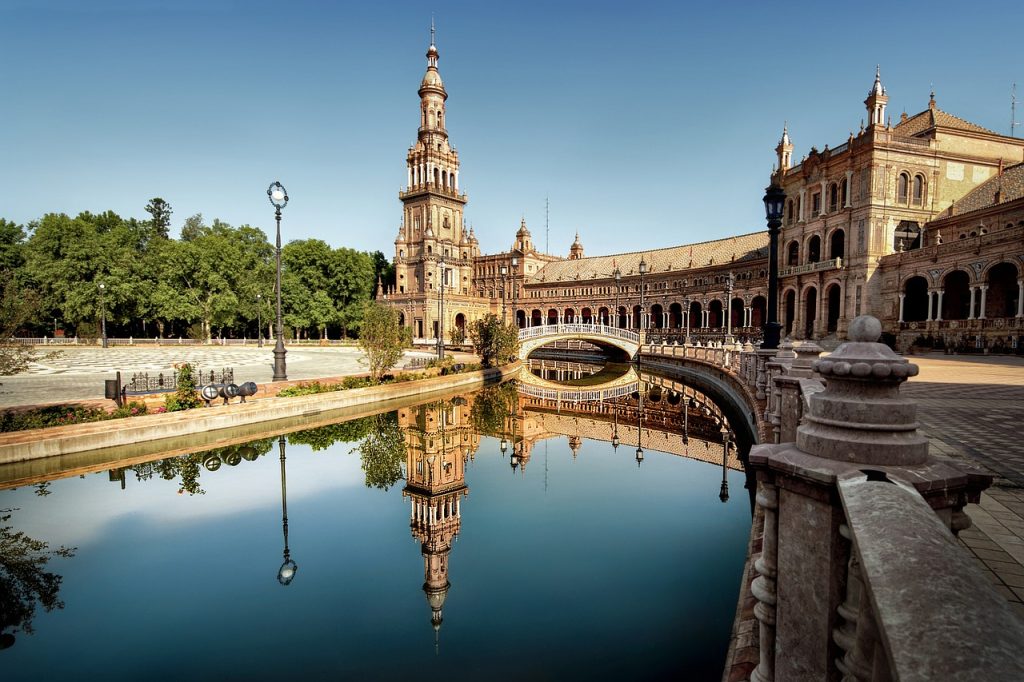A Guide to Spanish Culture: Adapting to Life in Spain for Canadians
Understanding the local culture is the key to truly enjoying your life abroad. While Spain and Canada share many Western values, the nuances of daily life can be quite different. This guide is designed to help you navigate the rich tapestry of Spanish culture, making your integration smoother and more rewarding.
Key Social Etiquette in Spanish Culture
Greetings
While a handshake is common in professional settings, the standard greeting between men and women, and between women, is the dos besos (two kisses on the cheek, starting with the right). It’s a sign of warmth and is used even when meeting someone for the first time in a social context.
Punctuality
Spain is generally more relaxed about punctuality than Canada. While you should be on time for professional appointments, arriving 10-15 minutes late for a social gathering like a dinner party is considered normal and even polite.
Conversation Style
Conversations in Spain can be lively, passionate, and direct. Interrupting someone to add to their point is often seen as a sign of engagement, not rudeness. Don’t be surprised by a more expressive and animated communication style. Understanding these norms is a big part of appreciating Spanish culture.
The Rhythm of Daily Life in Spanish Culture
Beyond "Hola": Language Integration in Spanish Culture
Speaking the language, even imperfectly, will open countless doors. Language is the gateway to truly understanding Spanish culture. Here are a few tips:
- Embrace Mistakes: Don't be afraid to try. Spaniards appreciate the effort, and making mistakes is the fastest way to learn.
- Learn Local Phrases: Go beyond textbook Spanish. Learning regional expressions will earn you smiles and help you connect.
- Use Language Exchanges: Find a language exchange partner to practice your Spanish in exchange for helping someone with their English.
Share Your Experience with Spanish Culture
Every integration journey is unique. Have a funny story about a cultural misunderstanding related to Spanish culture? A tip that helped you make local friends? Share your experience in our community forum to help other Canadians navigate their new life in Spain.




FAQ
What is the tipping etiquette in Spain?
Tipping is not obligatory and is much less common than in Canada. For good service at a restaurant, leaving a few extra euros or rounding up the bill is a nice gesture, but a 15-20% tip is not expected. This relaxed approach is part of Spanish culture.
Is the "siesta" still a real thing?
While the stereotypical afternoon nap is rare in big cities, the concept of a long, quiet lunch break is very much alive. Many smaller shops and businesses do close in the afternoon to accommodate this.
Should I bring a gift if I'm invited to someone's home?
Yes, it’s considered polite. A bottle of wine, a dessert, or flowers are all excellent choices when you are invited for a meal.
When do I use the formal "usted" vs. the informal "tú"?
Spain is generally quite informal. You can use “tú” with almost everyone your age or younger. Use “usted” for the elderly, in very formal business settings, or when addressing officials, until they invite you to use “tú”.

